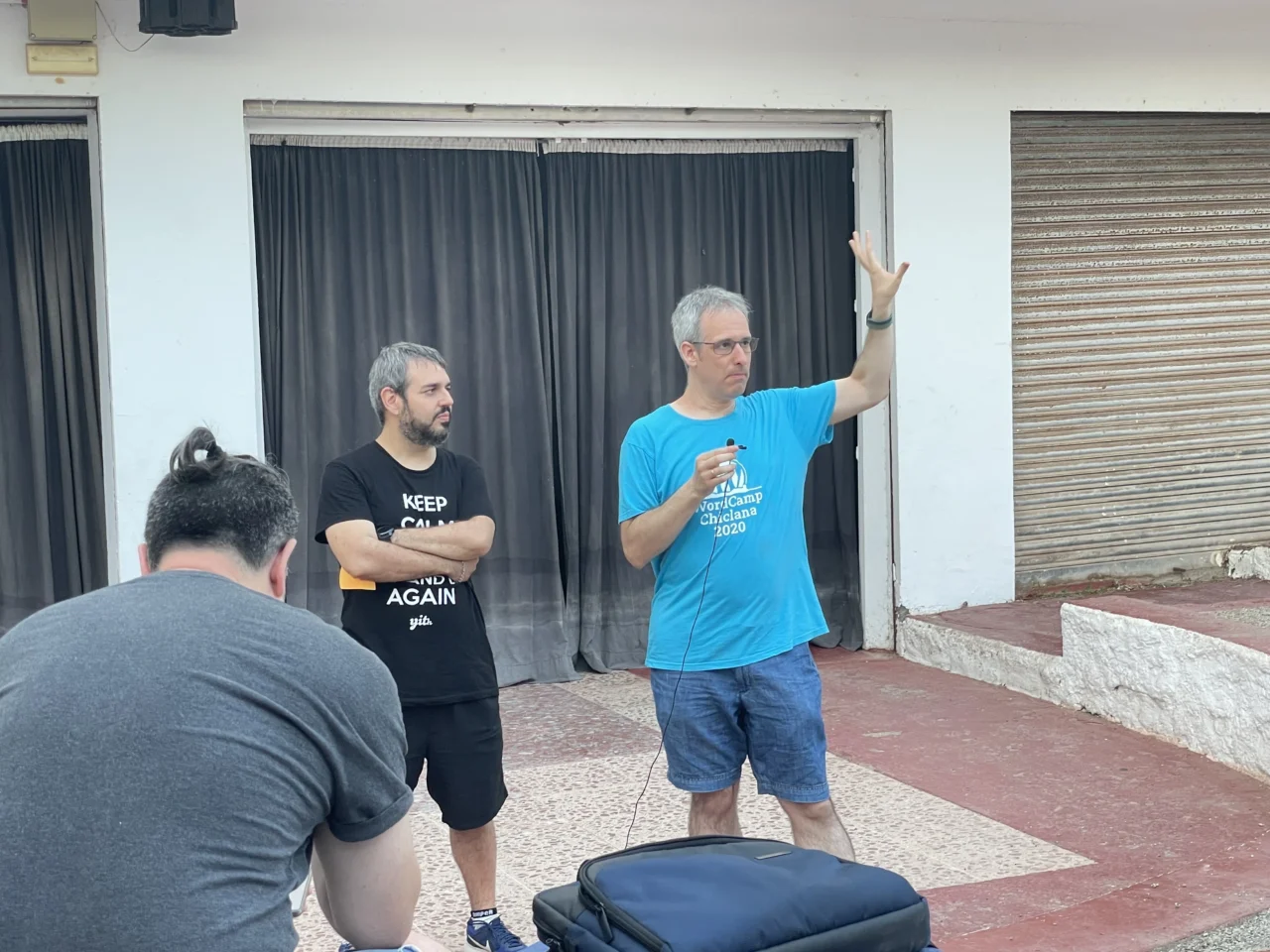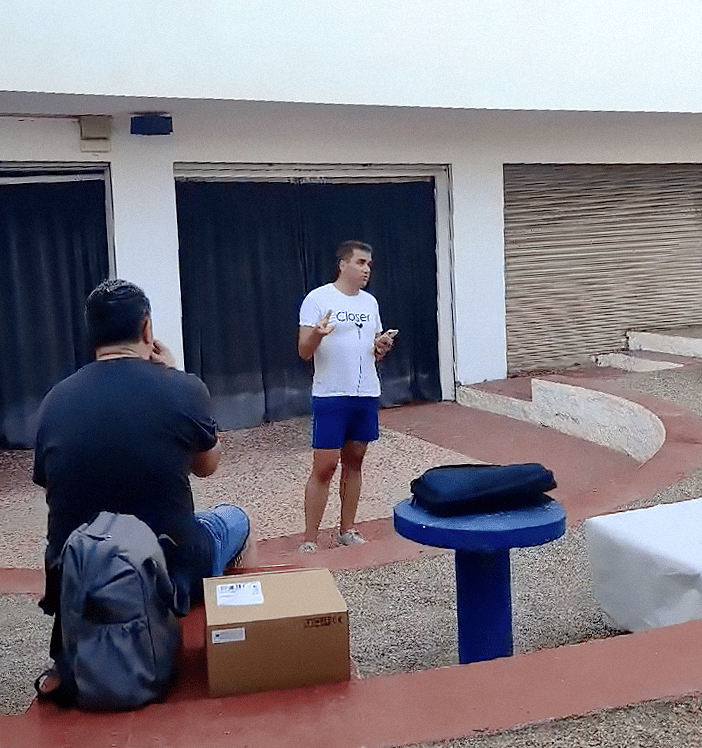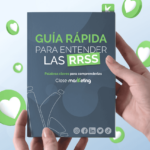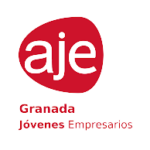The Close·marketing team has moved to the coast of Granada to enjoy a WordPress meetup by the sea. This meetup was different from others, without screens and without a speaker. It was about exposing different topics and solving and explaining them together. We tell you everything!
For starters, what is a WordPress Meetup?
A meetup is an event held by different groups that know WordPress to talk about this content manager and propose new ideas. They can be done in different formats: workshops, presentations, hackathons, contributor days, coworking, social gatherings, or in general a conversation about WordPress of more than two people.
Meetup topics
There were many topics that were proposed to be addressed by all attendees, so we make a summary of the most relevant. Read!
What’s new in WordPress 6.1?
WordPress 6.1 is scheduled for release on October 25. There are many new features that we expect from this new update, some of them are:
- Rollback for plugins
- For the image theme : webp support will be included
- New design tools: Manage web fonts, implement responsive typography, and expand the block toolset
- New updates to global styles
And many more! This autumn we will know all the new news.
Must-have plugins for WordPress
In this case it was Fran Torres who defined the essential plugins. The plugins that we decide to put on a web page depends on the objective we have with that website and its needs, to install one or the other, but there are some that are important to take into account:
- Plugin AntiSpam
- Akismet
- Advanced Custom Types
- Duplicate-post
- Contact form 7
- Block options
- SVG support
- YoastSEO
Difference between plugin/widget and tag/category
Another topic that was discussed were the differences between some concepts that help us understand a little more how WordPress works. Jesús Yesares together with Juan Manuel Civico were in charge of dealing with these issues and began explaining the difference between label and category.
Categories are a form of organization of the different posts, which are hierarchical and affect the construction of a URL. The ideal is to have 5 to 10, choose only one category for each entry and always index them. In the case of tags , they refine the information, they are not hierarchical and although they do affect the URL, it should not be indexed.
They also discussed the difference between plugin and widget, which concluded with the idea that widgets are all those elements that can be placed within our website and that in turn can group others such as titles, texts, buttons … compared to the plugins that give us all those functionalities that we require and WordPress does not offer us.

What isn’t WordPress?
Another very interesting question that Jesus Yesares explained to us was what WordPress is not, in which contributions were made by the attendees. WordPress is not a CRM, it is not an email marketing tool, or a tool for creating more complete web pages.
A good plugin to create online classes
There are different plugins to create a website where online classes are offered, that is, an online training academy. Some of them are:
- LearnDash
- Sensei
- LearnPress
Some experience creating components in React in Gutenberg
In this case, David Pérez presented this topic and told us about his experience in the creation of native blocks in Gutenberg.
He is currently working with Metabox and performance issues are found, that the user interface is not so clean and that he does not follow the “philosophy” of WordPress.
David’s experience is that he has replaced the blocks and meta fields of the Metabox plugin with the native WordPress ones for better web performance.

The best advice David gives us on this subject is to train with different courses.
Multilanguage plus WooCommerce, which is the best option?
Javier Casares was in charge of talking about this question and he was clear: The best option for creating a multi-language website plus WooCommerce is WordPress MultiSite. One of the reasons is because it does not mix the contents of the different languages in the same database table.
In case you want to autotranslate automatically, you have the WPAutoTranslate plugin.
How to detect vulnerabilities in WordPress?
Javier Casares he also told us about how to spot WordPress vulnerabilities. He explained that one part is WordPress and another is extensions. It is very difficult that there is a vulnerability that has not given time to correct when a new version appears. 80% of vulnerabilities are found in plugins.
In conclusion, there were many topics that were discussed about WordPress that all attendees learned a little more. Also, we talked about when a WordCamp could be held on the Costa Tropical, we are looking forward to it!











